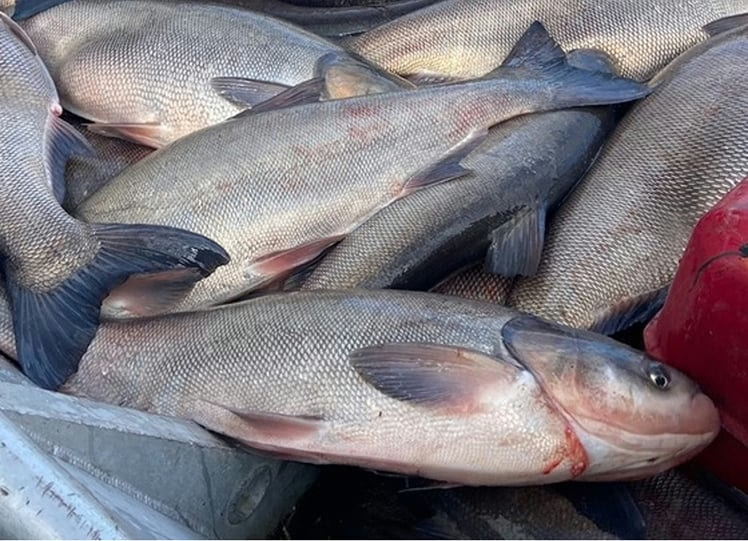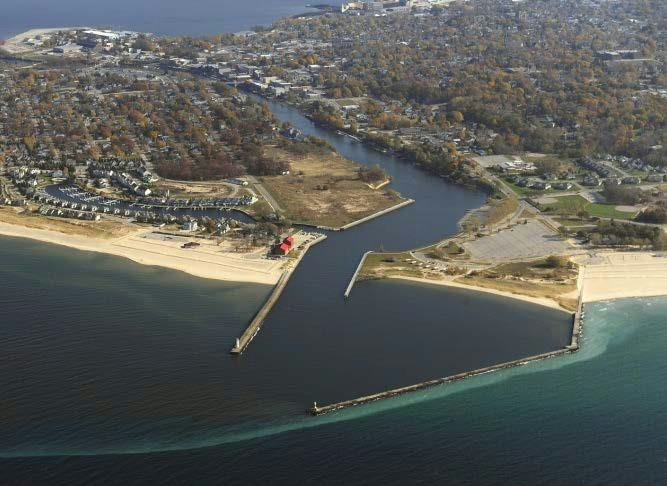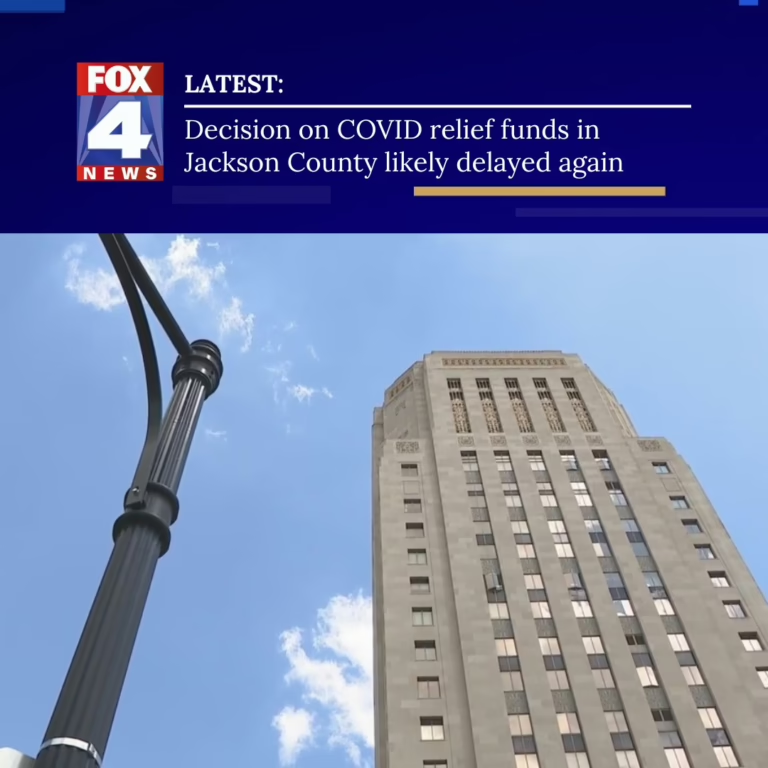News
Great Lakes Commission applauds inclusion of Great Lakes provisions in national defense legislation passed by Congress
ANN ARBOR, MI – The Great Lakes Commission (GLC) applauds action by the U.S. Congress to pass the National Defense Authorization Act (NDAA) of 2022, which also included the Water Resources Development Act (WRDA) and the Coast Guard Authorization Act. President Biden is expected to sign the legislation this week.
This legislation addresses several critical GLC priorities, including an update to the authorization for the new Soo Lock, an increase in the federal cost share for the invasive carp barrier at the Brandon Road Lock and Dam, important investments in Great Lakes icebreaking capacity, and an update to the 2007 economic impact study of recreational boating on the Great Lakes which was co-authored by the GLC.
“Congress again demonstrated its support for improving Great Lakes navigation, protecting against invasive species, and understanding the economic importance of recreation to our region,” said Erika Jensen, executive director of the GLC. “The GLC appreciates the Great Lakes congressional delegation for its leadership on these issues, and we look forward to working with them in the next session to keep building a strong and resilient Great Lakes basin.”
The GLC advocates on behalf of the Great Lakes states and provinces for policies and investments that improve the ecosystems, economies, and communities of the Great Lakes basin. Along with its regional partners, the GLC has been on the forefront of efforts to include Great Lakes programs in legislative activities.
The Great Lakes Commission, led by chair Todd L. Ambs, deputy secretary of the Wisconsin Department of Natural Resources (retired), is a binational government agency established in 1955 to protect the Great Lakes and the economies and ecosystems they support. Its membership includes leaders from the eight U.S. states and two Canadian provinces in the Great Lakes basin. The GLC recommends policies and practices to balance the use, development, and conservation of the water resources of the Great Lakes and brings the region together to work on issues that no single community, state, province, or nation can tackle alone. Learn more at www.glc.org.


